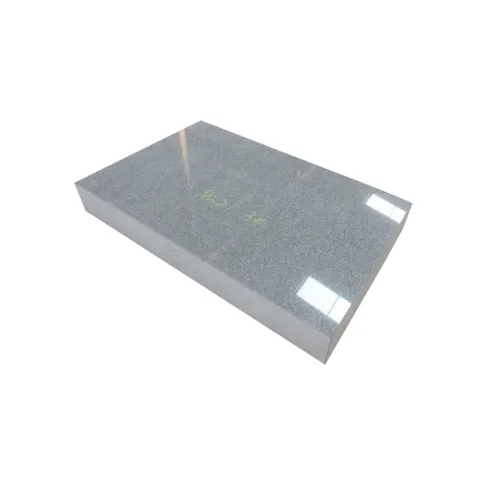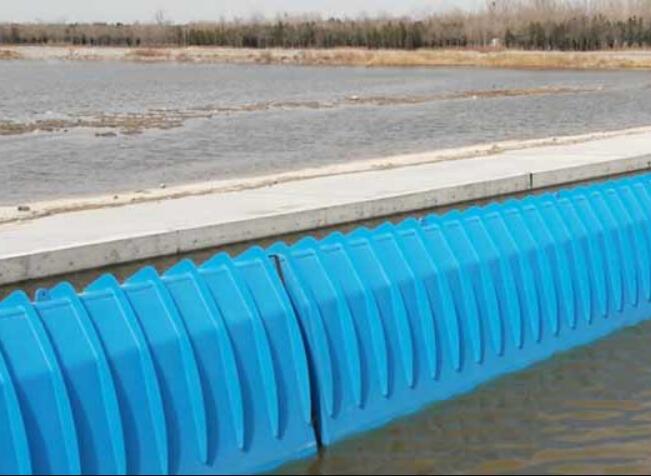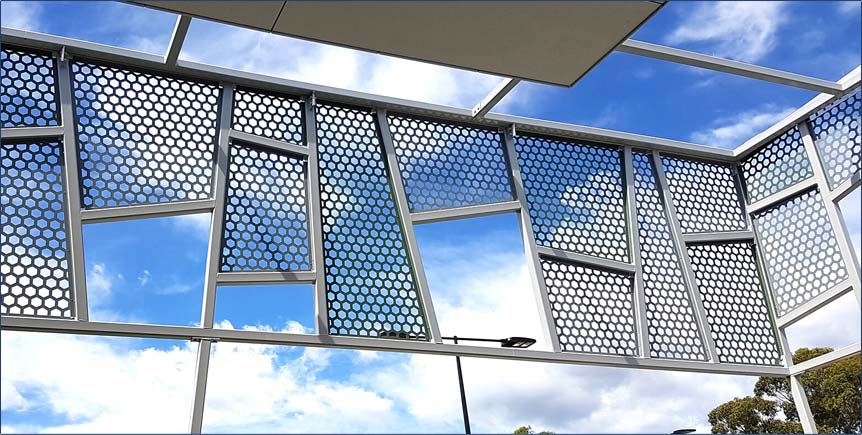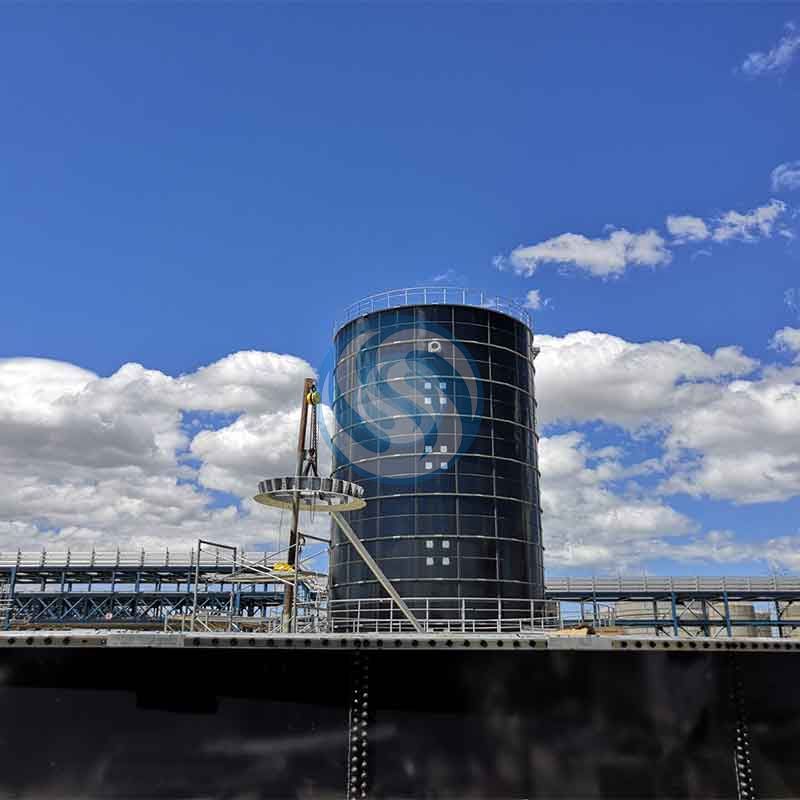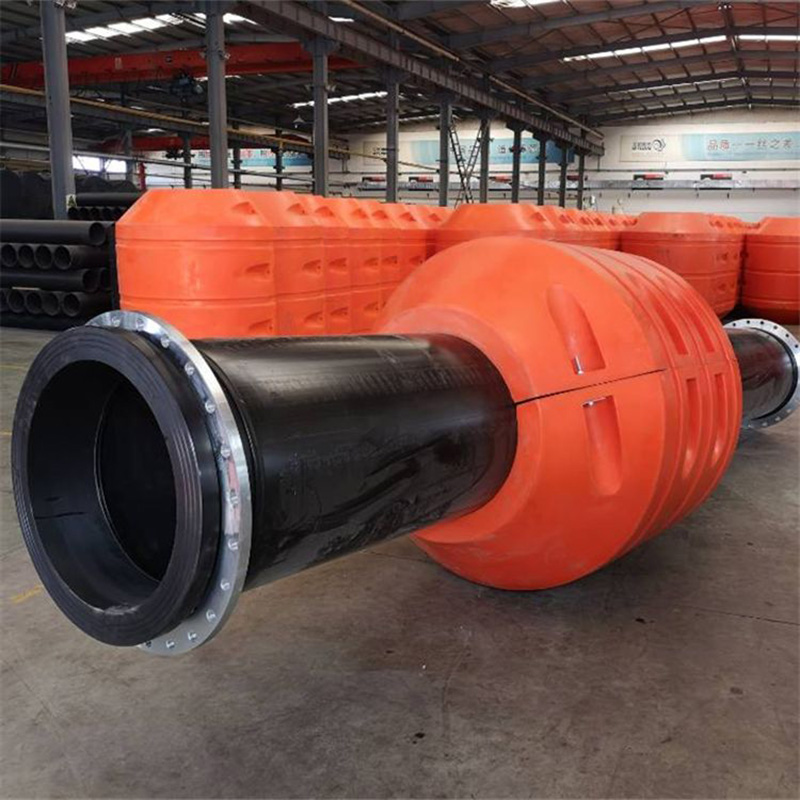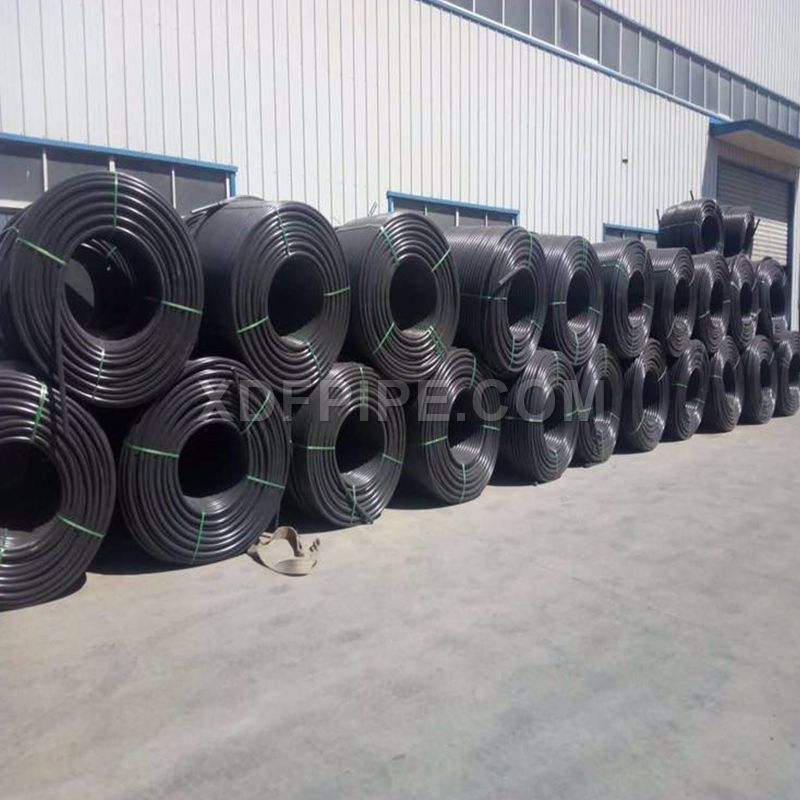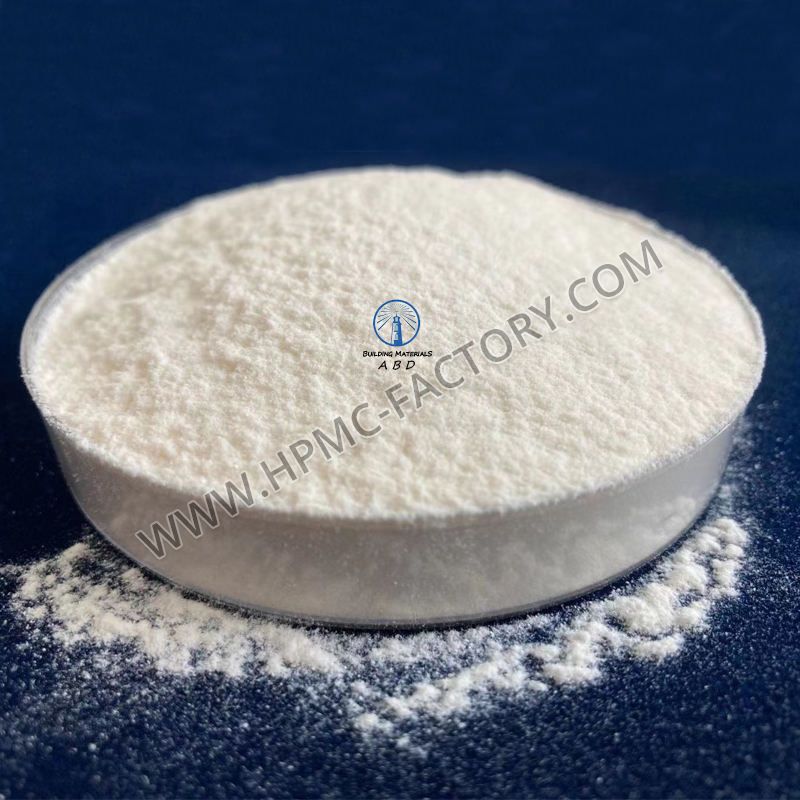Why is granite good for monuments?
Granite, a natural stone renowned for its durability, beauty, and versatility, has been a favored material for monuments throughout history. From ancient civilizations to modern memorials, granite's unique qualities make it an ideal choice for creating enduring tributes that stand the test of time. In this blog post, we'll explore the reasons why granite is an excellent material for monuments, examining its durability, aesthetic appeal, and symbolic significance.
Unrivaled Durability:
One of the primary reasons granite is favored for monuments is its exceptional durability. Granite is an igneous rock formed through the slow cooling and solidification of molten magma beneath the Earth's surface. This process results in a dense and hard stone that can withstand the elements and resist deterioration over time. Unlike other materials that may succumb to weathering, erosion, or environmental factors, granite monuments maintain their structural integrity for centuries, making them a lasting tribute to the memories they represent.
Natural Beauty and Aesthetic Versatility:
Granite's natural beauty is another compelling reason for its popularity in monument construction. The stone boasts a rich palette of colors, including shades of black, gray, pink, brown, and white, each with unique veining patterns. This diversity allows for the creation of monuments that can be customized to reflect the individuality and personality of the person being memorialized.
Additionally, granite can be polished to a high sheen, enhancing its natural luster and bringing out the depth of its colors. The smooth, reflective surface of polished granite not only adds an element of elegance but also serves as a canvas for intricate engravings and inscriptions. From simple lettering to intricate designs, the versatility of granite allows for the creation of personalized and visually stunning monuments.
Resistance to Environmental Factors:
Granite's resistance to environmental factors makes it an ideal choice for monuments placed outdoors. Unlike materials that may deteriorate or discolor when exposed to sunlight, rain, or temperature fluctuations, granite stands up to these elements with resilience. Its inherent resistance to fading and staining ensures that the monument's appearance remains as intended, maintaining the integrity of the memorial for generations to come.
See also:Melting Deicing Device: An Innovative Solution for Winter Safety
Dancing Fountain Design: The Art of Harmonizing Water and Architecture
What are the benefits of a wood slat wall?
Advantages of using PUR hot melt adhesive
Hydroxy Ethyl Cellulose: An Overview of Properties and Applications
Expandable Container House: A Portable and Versatile Living Solution
What are the advantages of polypropylene synthetic fiber?
Symbolic Significance:
Granite has long been associated with strength, longevity, and permanence. Choosing granite for monuments carries a symbolic significance, reflecting a desire to create a lasting tribute that will endure through the ages. This symbolic connection enhances the emotional resonance of the monument, providing comfort to those who seek solace in the enduring presence of the memorialized individual's legacy.
Ease of Maintenance:
Granite monuments require minimal maintenance to preserve their appearance and structural integrity. Regular cleaning with mild soap and water is typically sufficient to remove dirt or environmental residues. Additionally, the hardness of granite makes it resistant to scratches and dents, ensuring that the monument retains its polished finish even in high-traffic areas.
Customization and Craftsmanship:
The craftsmanship involved in creating granite monuments is a testament to the artistry and skill of stonecutters and engravers. Granite's workability allows for precise detailing, intricate designs, and the incorporation of various textures. Whether it's a simple headstone or a grand memorial, the customization options offered by granite enable the creation of monuments that truly capture the essence of the individual being commemorated.
In conclusion, the enduring elegance of granite monuments lies in the harmonious combination of durability, natural beauty, and symbolic significance. As a material that transcends time, granite continues to be a preferred choice for those seeking to create lasting tributes that stand as a testament to the lives and legacies of individuals. From ancient civilizations to contemporary memorials, granite monuments serve as enduring markers that pay homage to the enduring spirit of those who have left an indelible mark on our hearts and history.
Components and Structure of W Beam Guardrail
What is sheet piling?
Corrugated Pipe Culvert Construction Process
Ensuring Scaffold Plank Height Safety: Understanding Board Wear and How to Prevent It
The Perfect Solution for Indoor and Outdoor Playgrounds
Exploring the Advantages of Framing Membrane Structures
Railway Continuous Beam Bridge Bearings: Ensuring Stability and Safety


